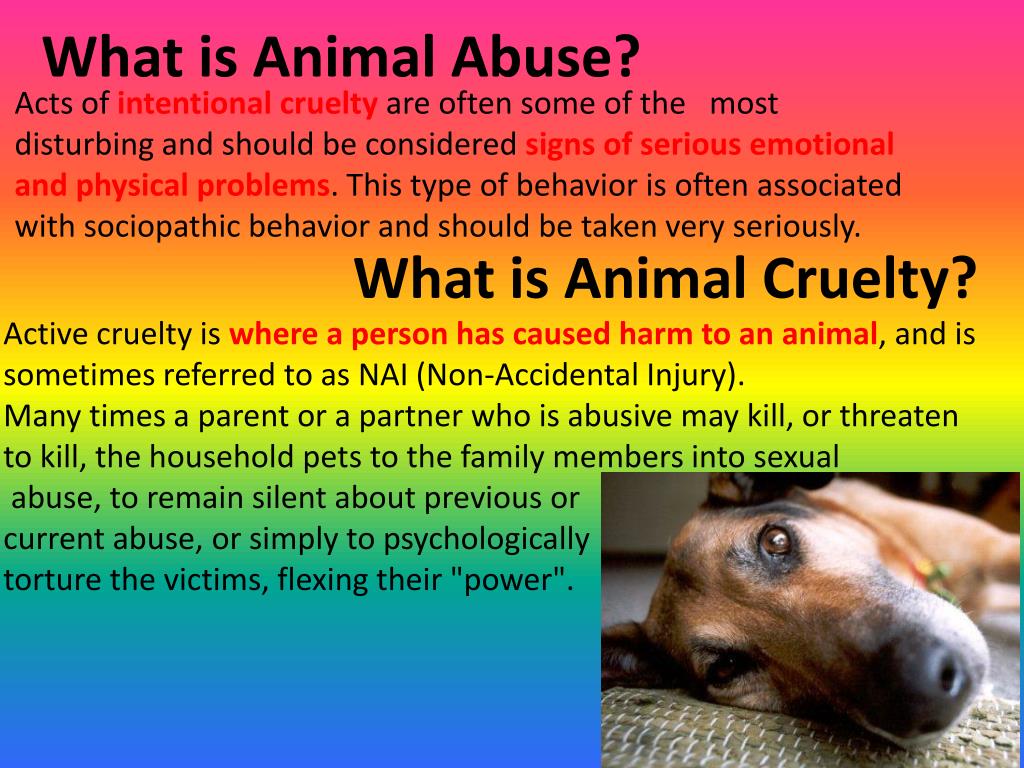Animal neglect is a pervasive issue, often obscured by the more visible instances of cruelty that capture public attention. Delving deeper into the underlying causes of this neglect can illuminate the multifaceted dimensions of human-animal relationships. Understanding these factors is crucial for formulating effective strategies to mitigate suffering among the world’s most vulnerable creatures. Herein, we explore seven disturbing yet honest reasons why individuals might neglect animals.
1. Economic Constraints
One of the most prevalent reasons for animal neglect is financial instability. Many families face pressing economic pressures that can lead to a prioritization of human needs over those of animals. The costs associated with pet ownership—food, veterinary care, grooming, and general maintenance—can be burdensome. When finances are tight, animals may receive inadequate sustenance, lack necessary medical attention, and suffer from unsanitary living conditions. This neglect often occurs not out of cruelty but rather from desperation and overwhelming circumstances.
2. Lack of Education
Education, or rather the deficiency of it, plays an integral role in the neglect of animals. Many individuals lack knowledge about the requirements of proper animal care, leading to unintentional neglect. This can be exacerbated in communities where access to information is limited. Misunderstandings about animal behavior, diet, and health needs can result in poor decision-making. When people are unaware of how to properly care for animals, neglect may inadvertently ensue, leaving pets in dire situations.
3. Psychological Factors
Mental health issues can significantly impact an individual’s capacity to provide for an animal. Conditions such as depression, anxiety, or even more severe disorders can create barriers to responsible pet ownership. For instance, a person grappling with severe depression may find it challenging to undertake daily responsibilities, leading to neglect of their animal’s needs. In some cases, individuals may not even recognize their disengagement as neglect. The cyclical nature of psychological distress compounds the issue, as unaddressed mental health problems can lead to a deterioration in both human and animal welfare.
4. Societal Attitudes and Norms
In certain cultures, animals are perceived through a utilitarian lens, whereby they are valued predominantly for their utility rather than as sentient beings deserving of compassion. In such settings, neglect may not be recognized as a significant issue, as animals are often viewed merely as tools or assets. This mindset can perpetuate cycles of abuse and neglect, as the emotional and physical needs of animals are inadequately acknowledged. Shifting societal attitudes is essential in changing how animals are treated, allowing compassion to take precedence over utility.
5. Life Transitions
Major life changes can result in neglectful circumstances for animals. Events such as divorce, illness, job loss, or relocation can disrupt the stability of a household. During such tumultuous times, the needs of animals may be sidelined, resulting in unfortunate neglect. New stressors can overwhelm individuals, leading them to deprioritize their commitments to their pets. These transitions underscore the need for support systems that can help pet owners maintain their responsibilities amid life’s unpredictabilities.
6. Reluctance to Seek Help
Many individuals may find themselves in situations of neglect due to a reluctance to seek help. This may stem from feelings of shame, fear of judgment, or the stigma often associated with asking for assistance. The societal perception of “good” pet ownership can deter individuals from reaching out to shelters or animal welfare organizations for support. This hesitancy perpetuates a cycle of neglect, as individuals feel increasingly isolated and incapable of providing adequate care. Encouraging open dialogue and providing resources for those in need can empower individuals to take responsible actions before neglect escalates.
7. Overwhelming Responsibilities
Finally, the complexities of modern life often lead individuals to experience overwhelming responsibilities that can detract from their ability to care for animals. Juggling work, family obligations, social commitments, and personal wellness leaves little bandwidth for the additional responsibilities of animal care. In some cases, the demands can be so significant that animals, while loved, inadvertently receive inadequate attention and care. This reality highlights the importance of realistic expectations regarding pet ownership and the integration of support systems that acknowledge the multifaceted pressures of contemporary life.
In summary, examining the reasons behind animal neglect reveals numerous layers of complexity, shedding light on societal and individual dimensions. Understanding these factors is paramount in developing compassionate solutions to this pressing issue. Proactive measures that address economic constraints, educational gaps, mental health support, and societal attitudes are critical in fostering a culture that rightly values the well-being of all living beings. Only through a concerted effort to understand and address these underlying causes can we hope to create a world where animals receive the care and compassion they undeniably deserve.








